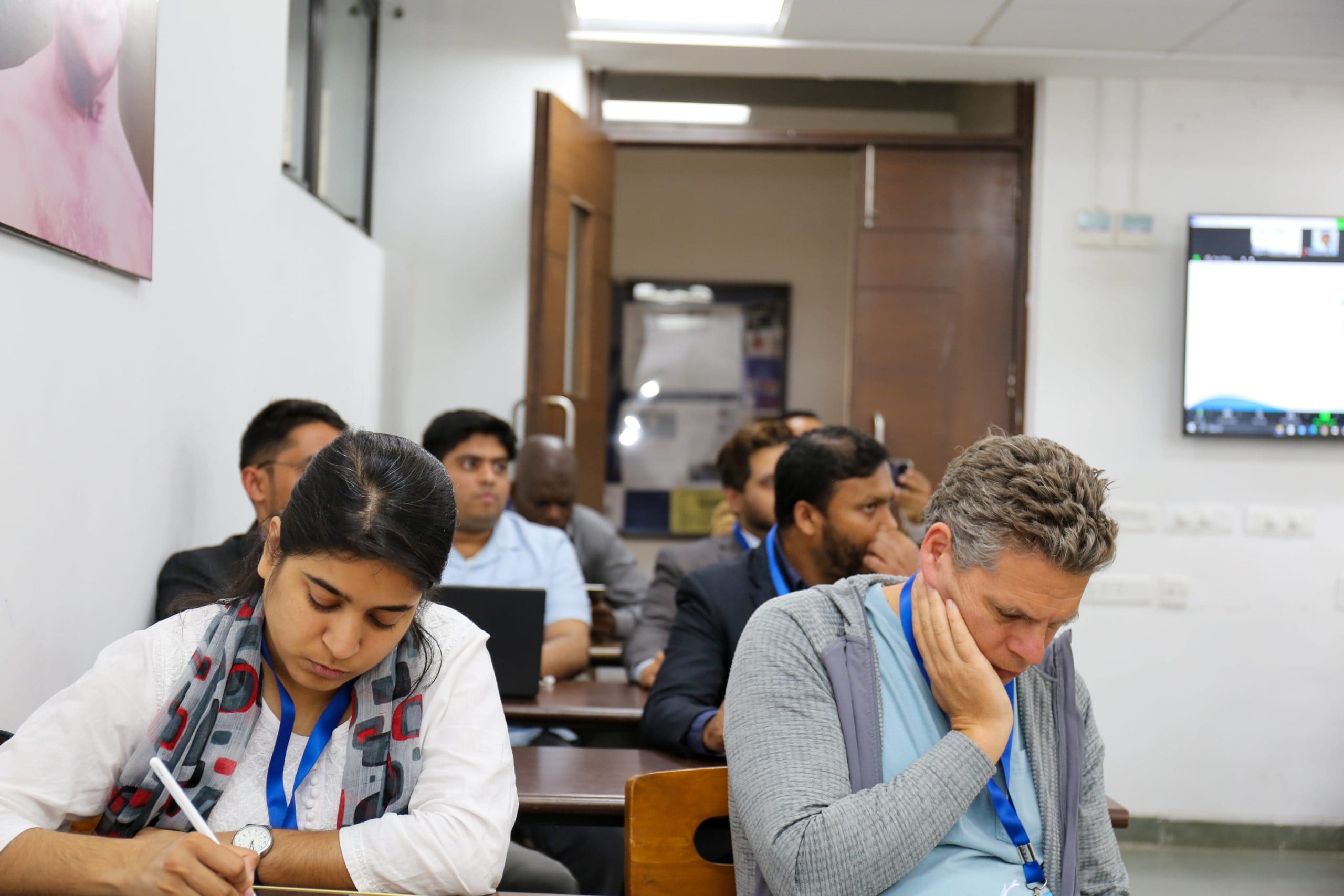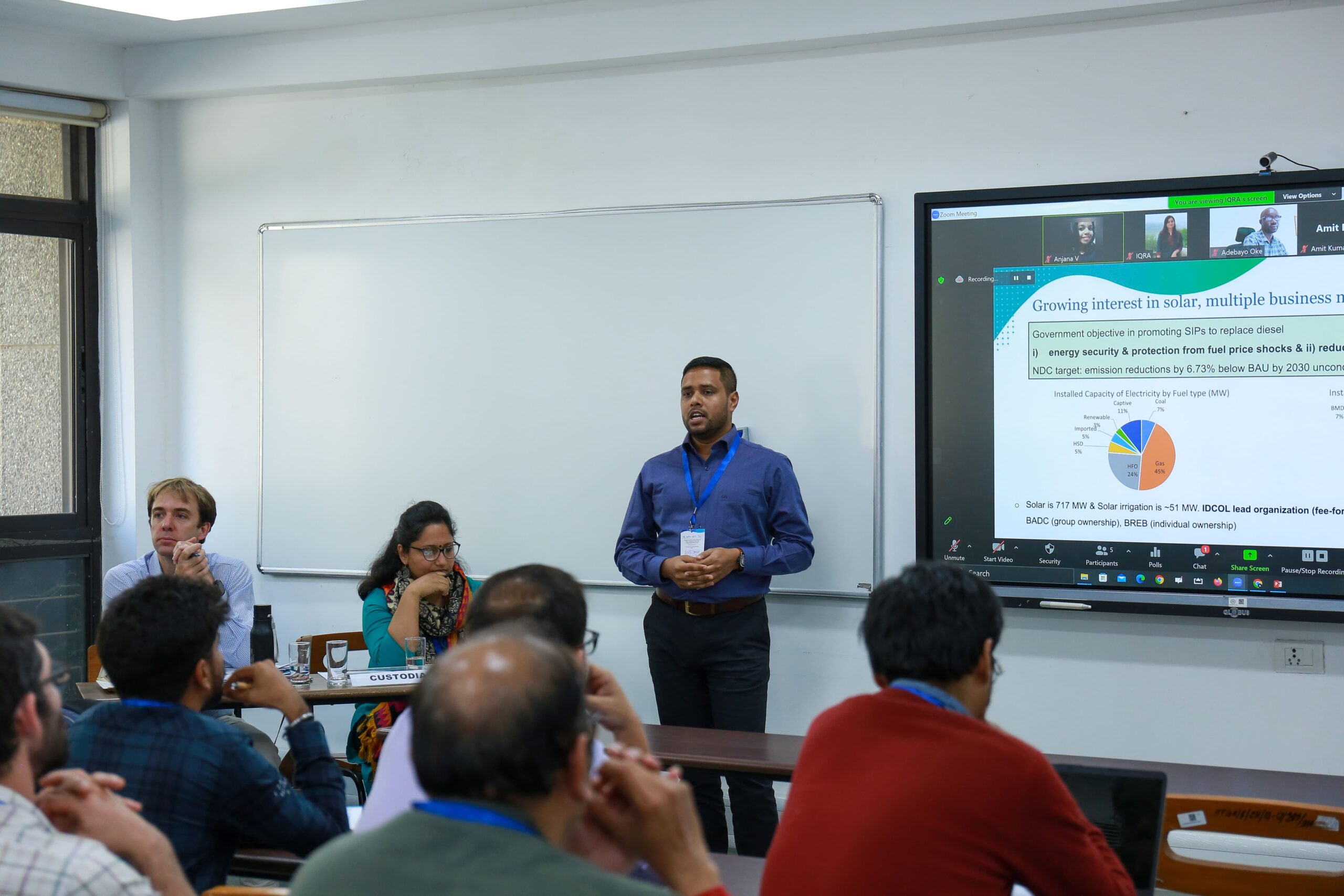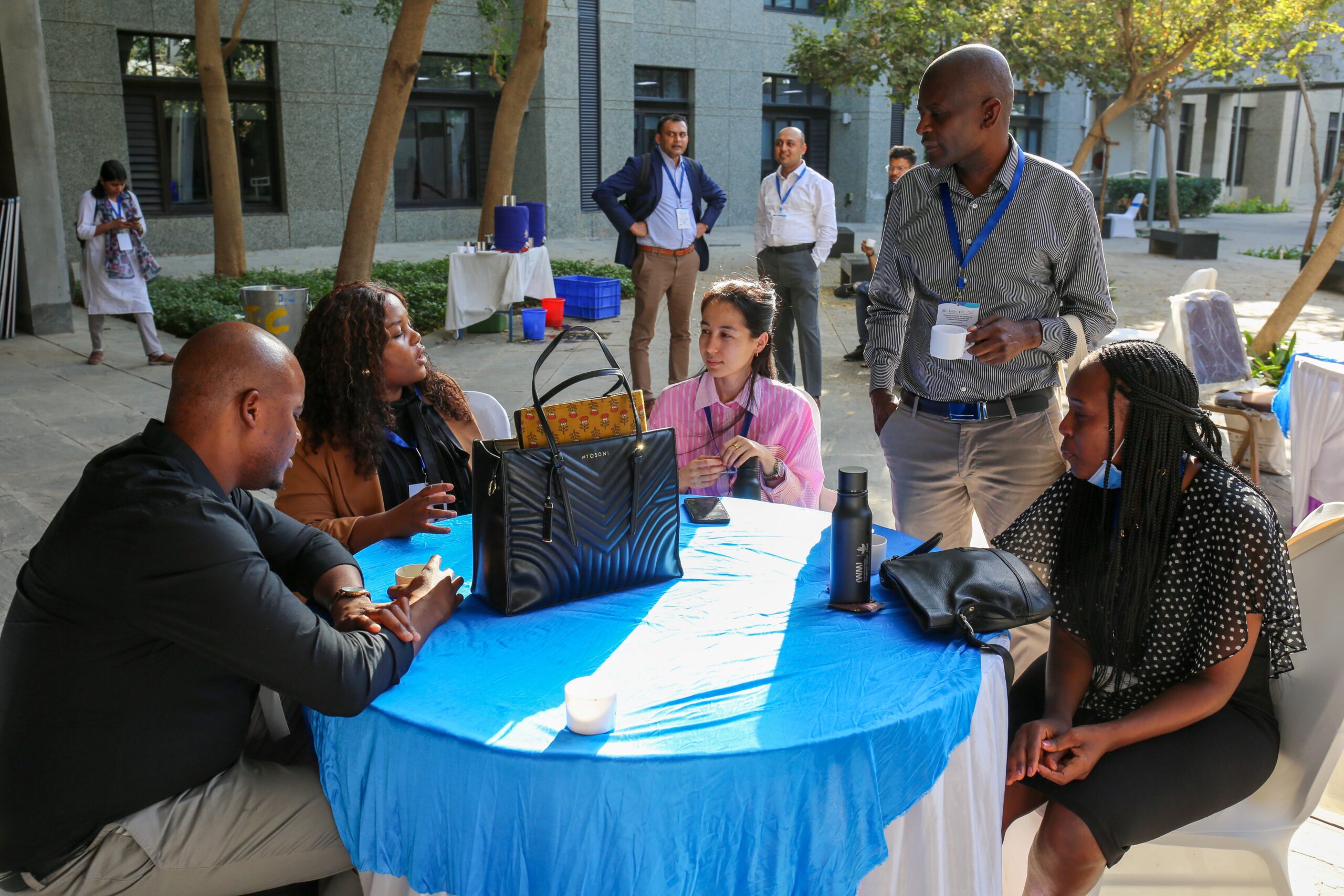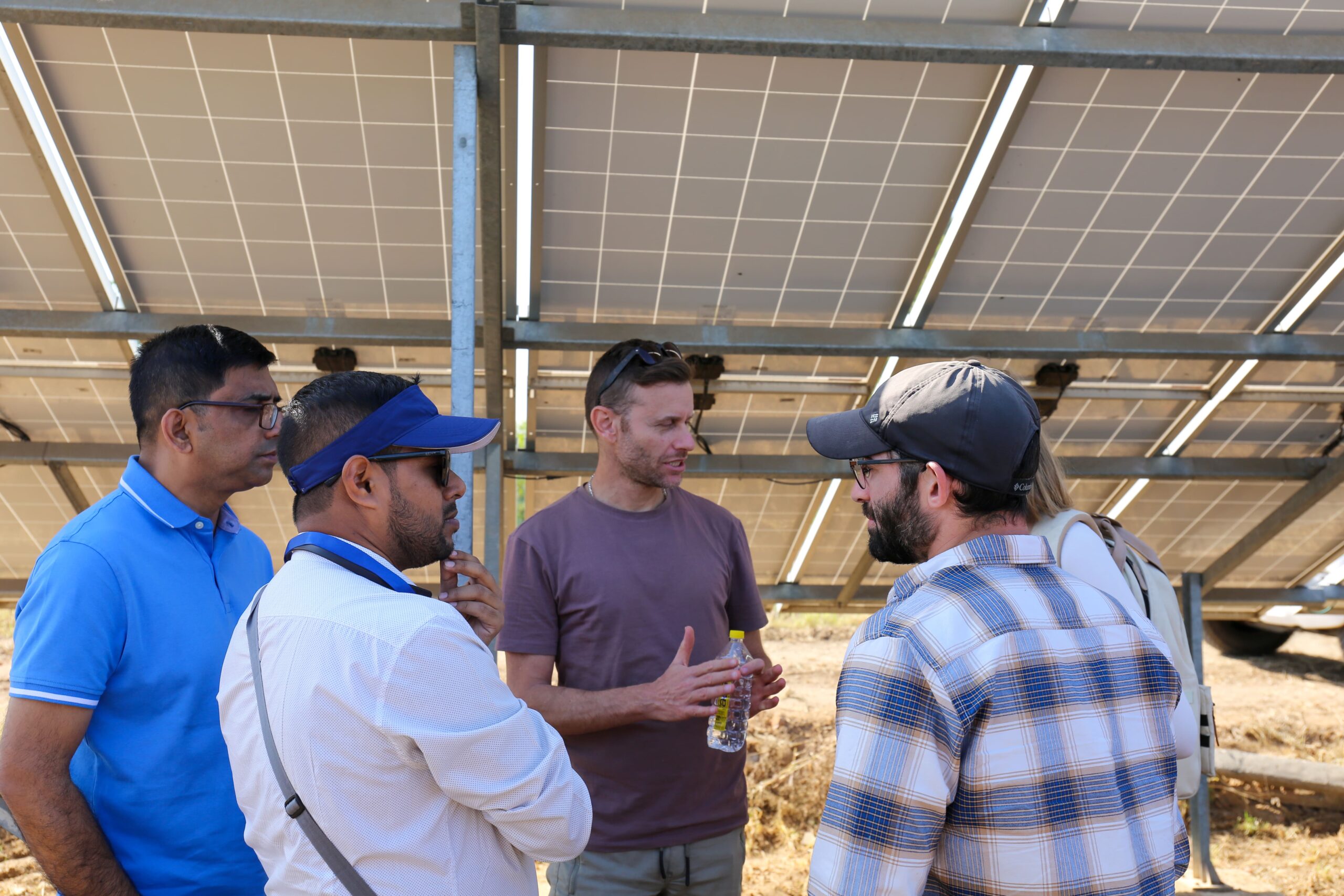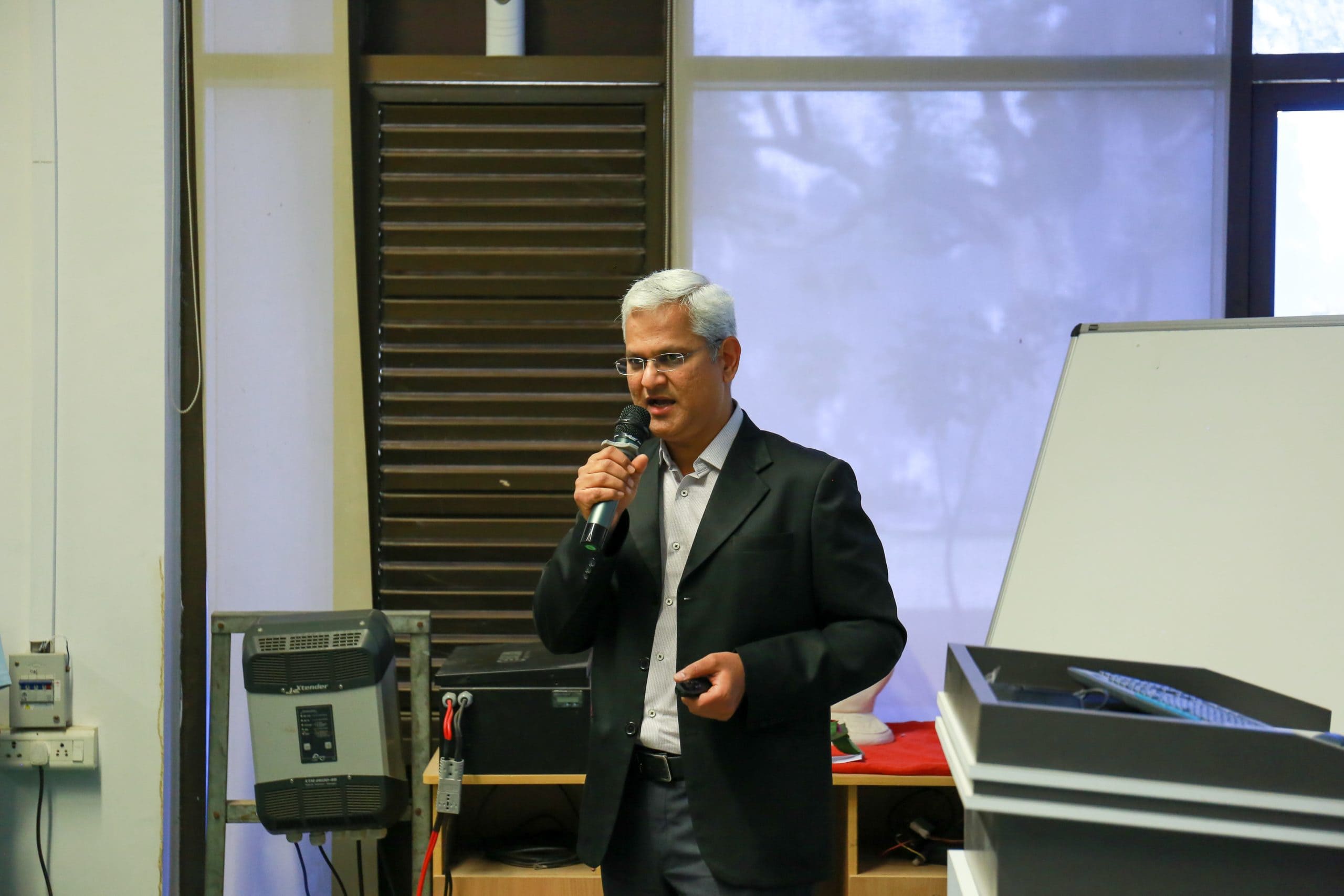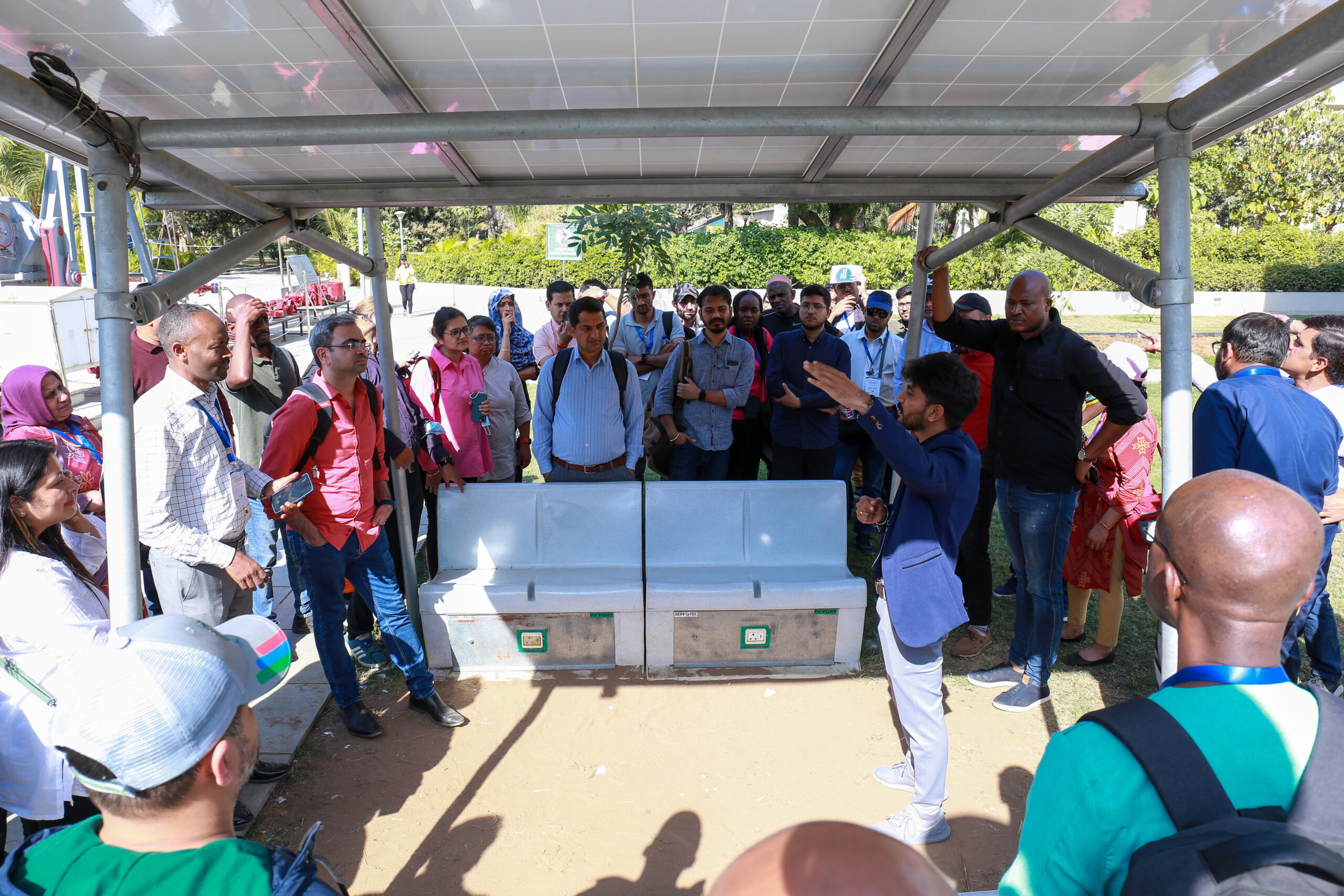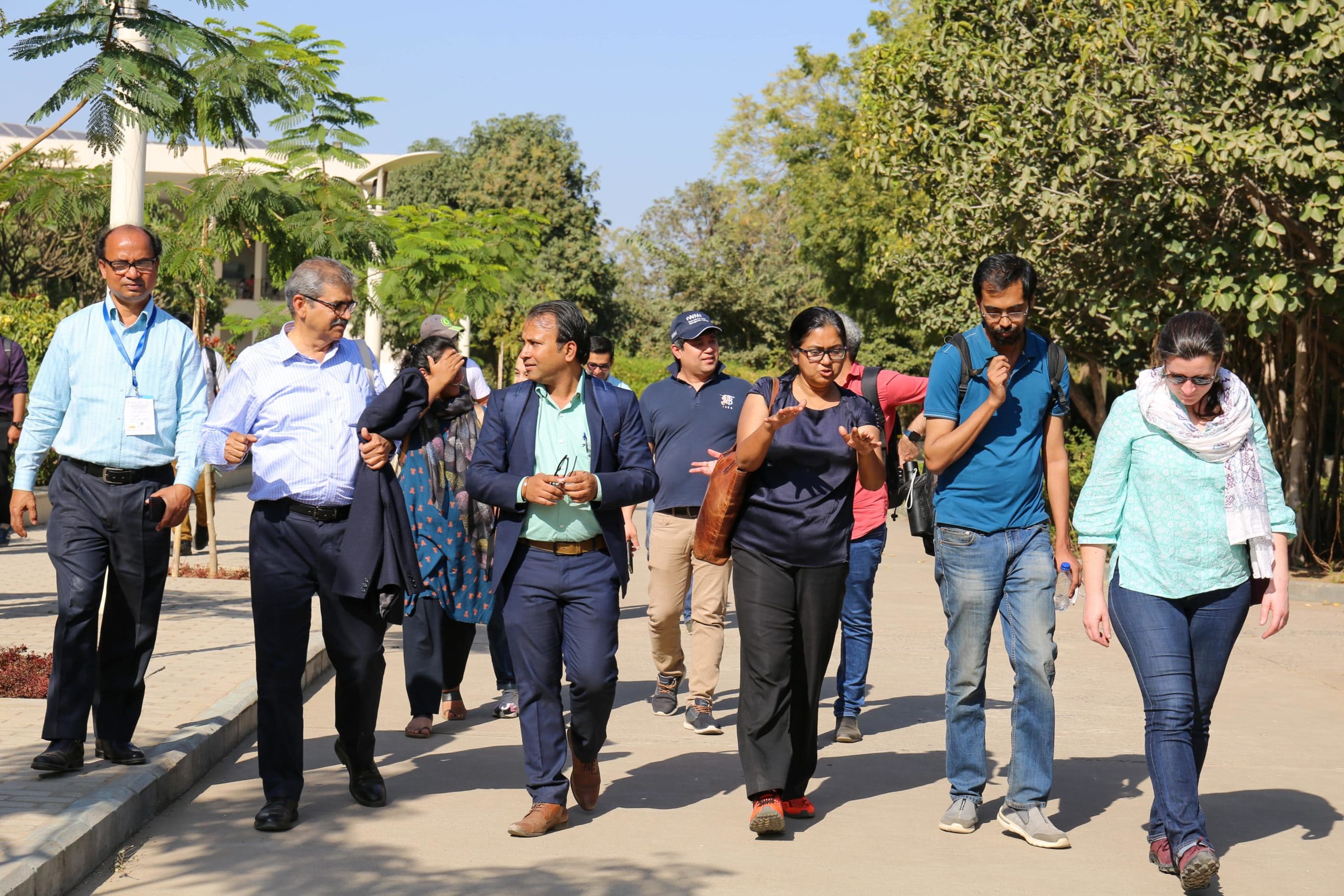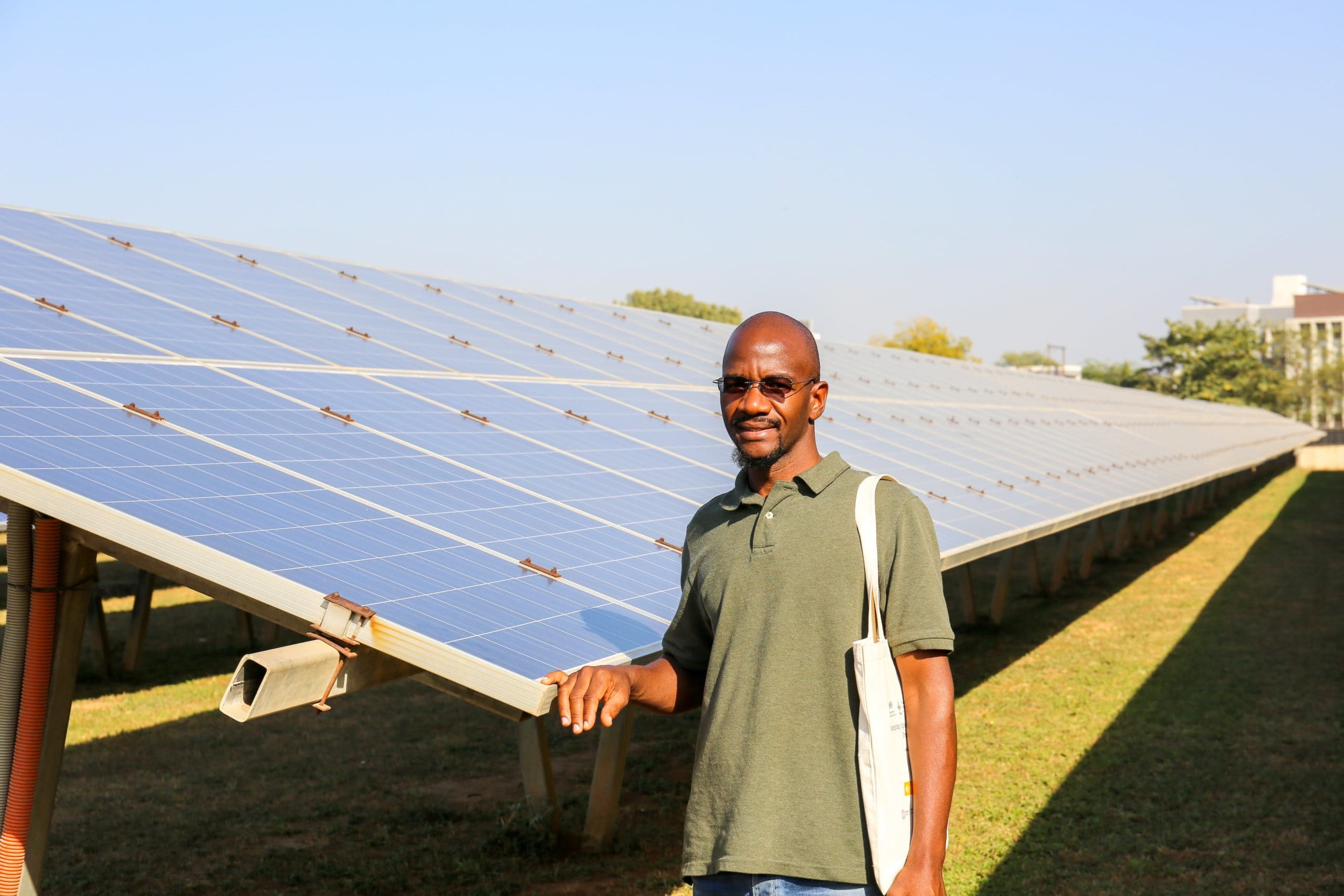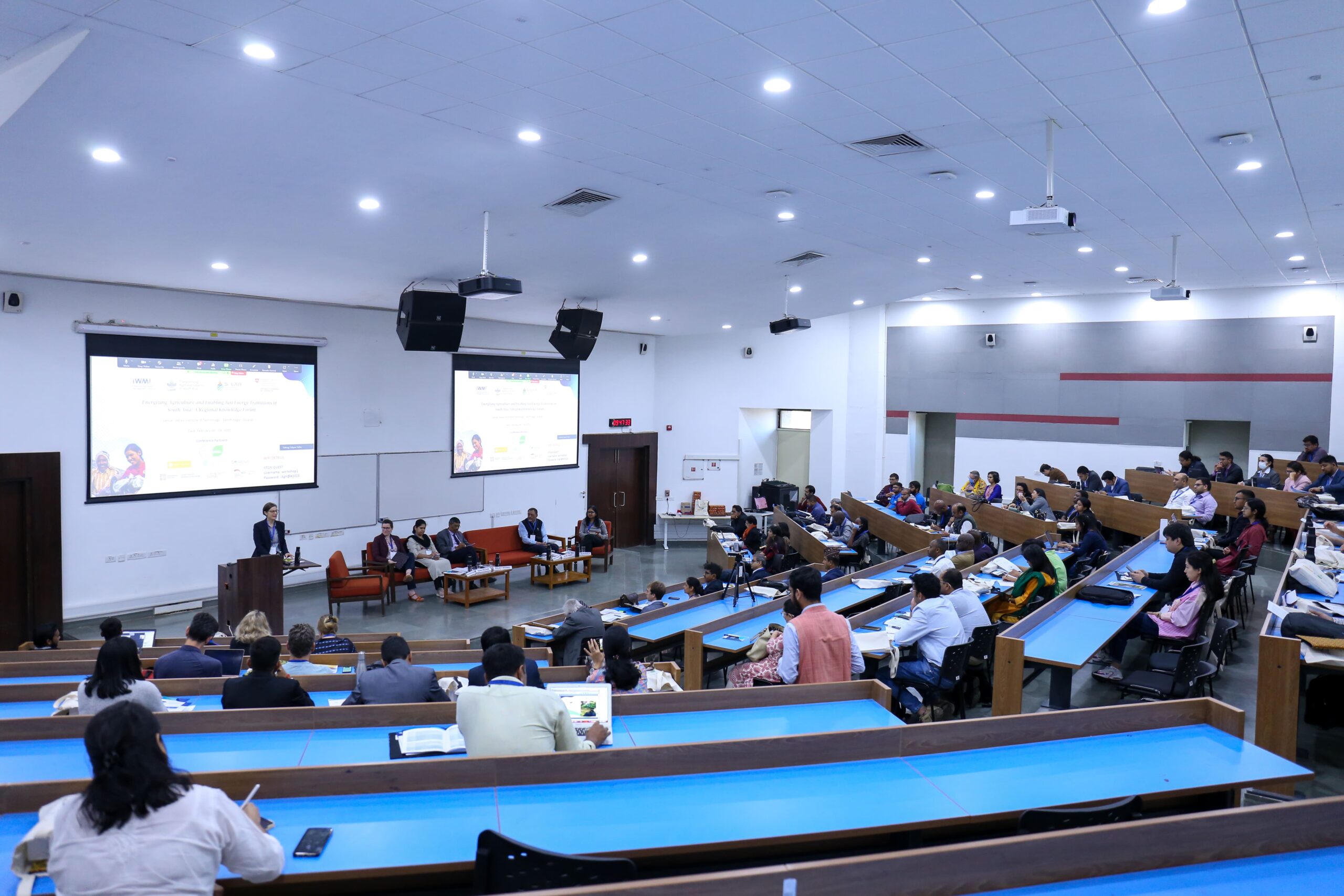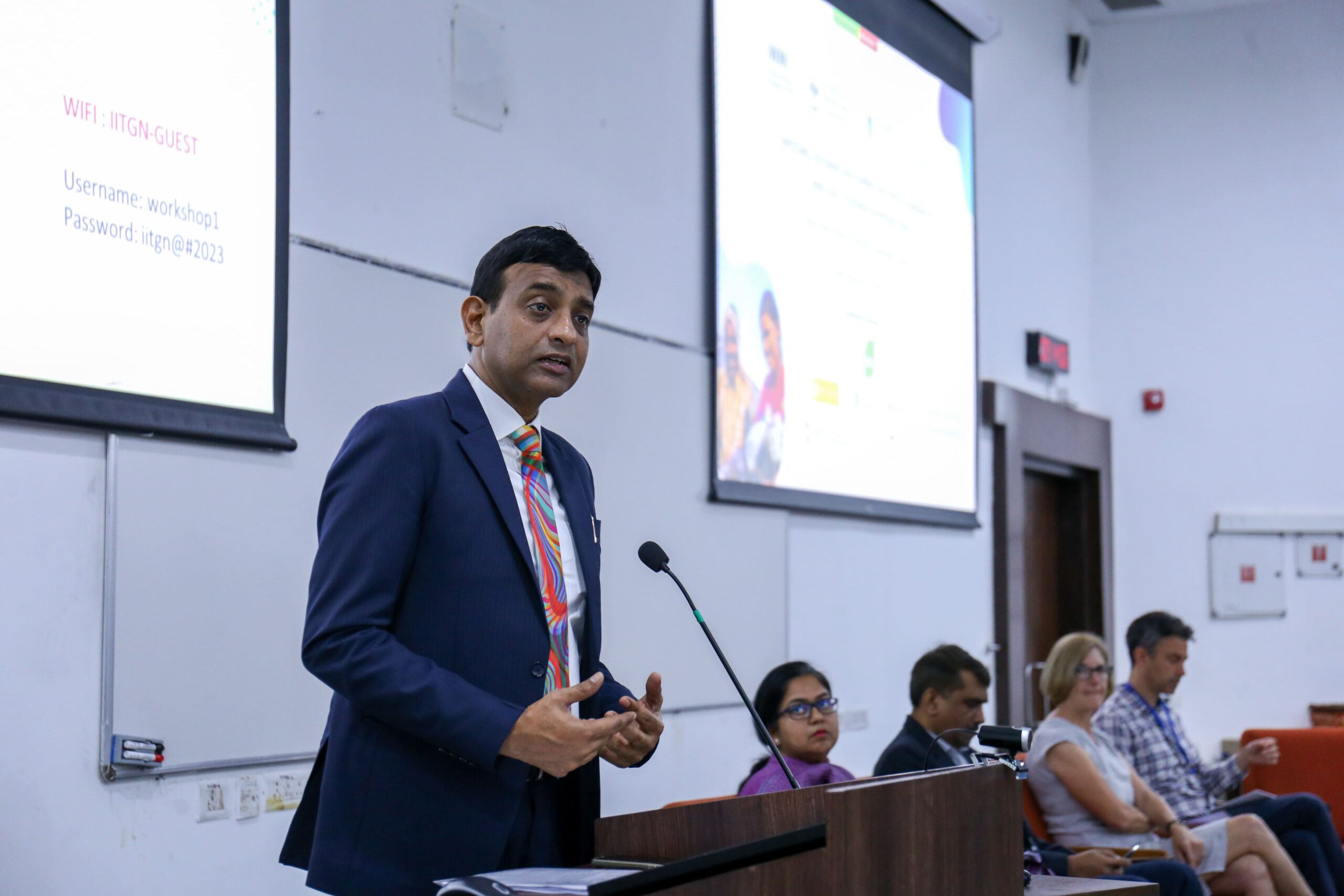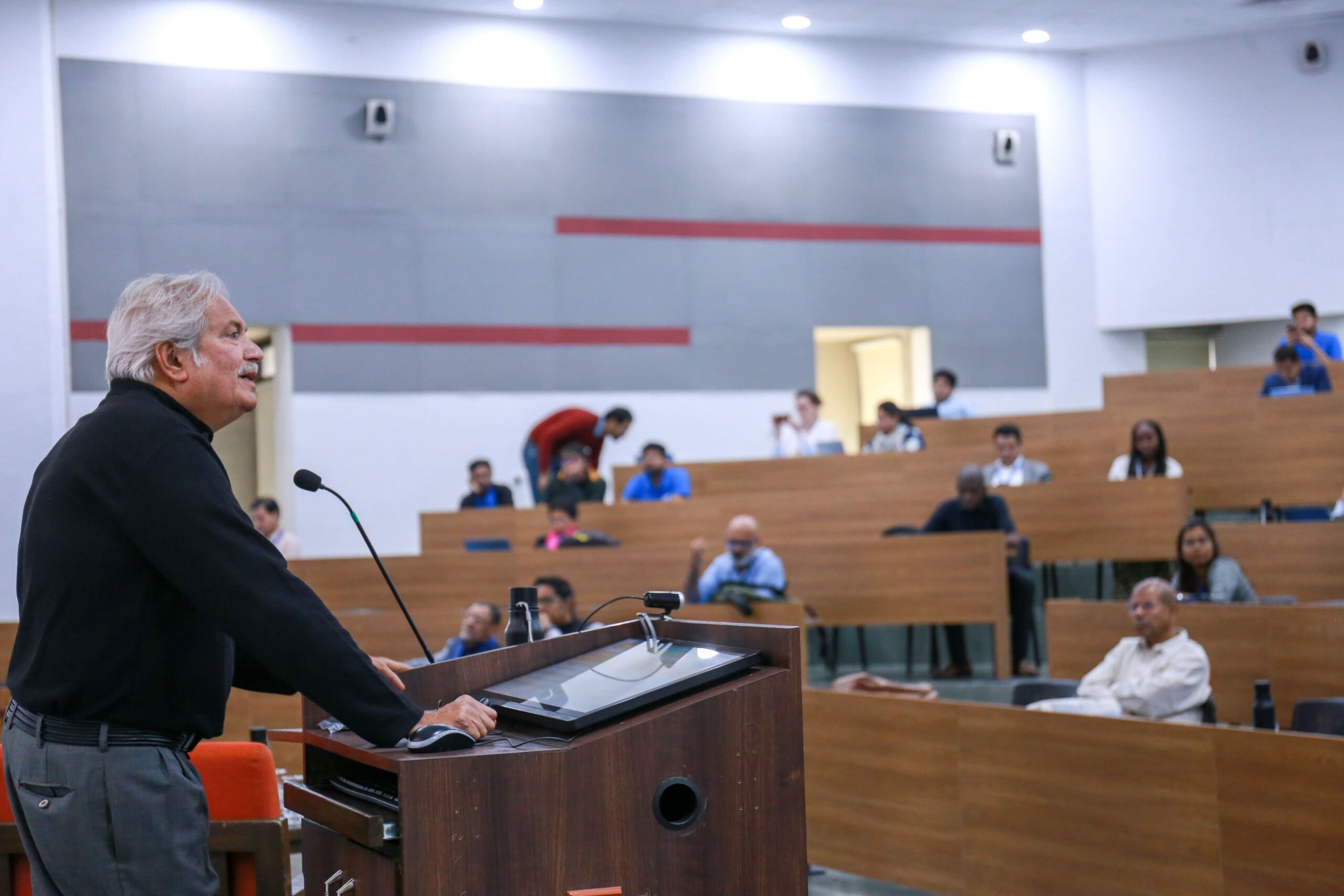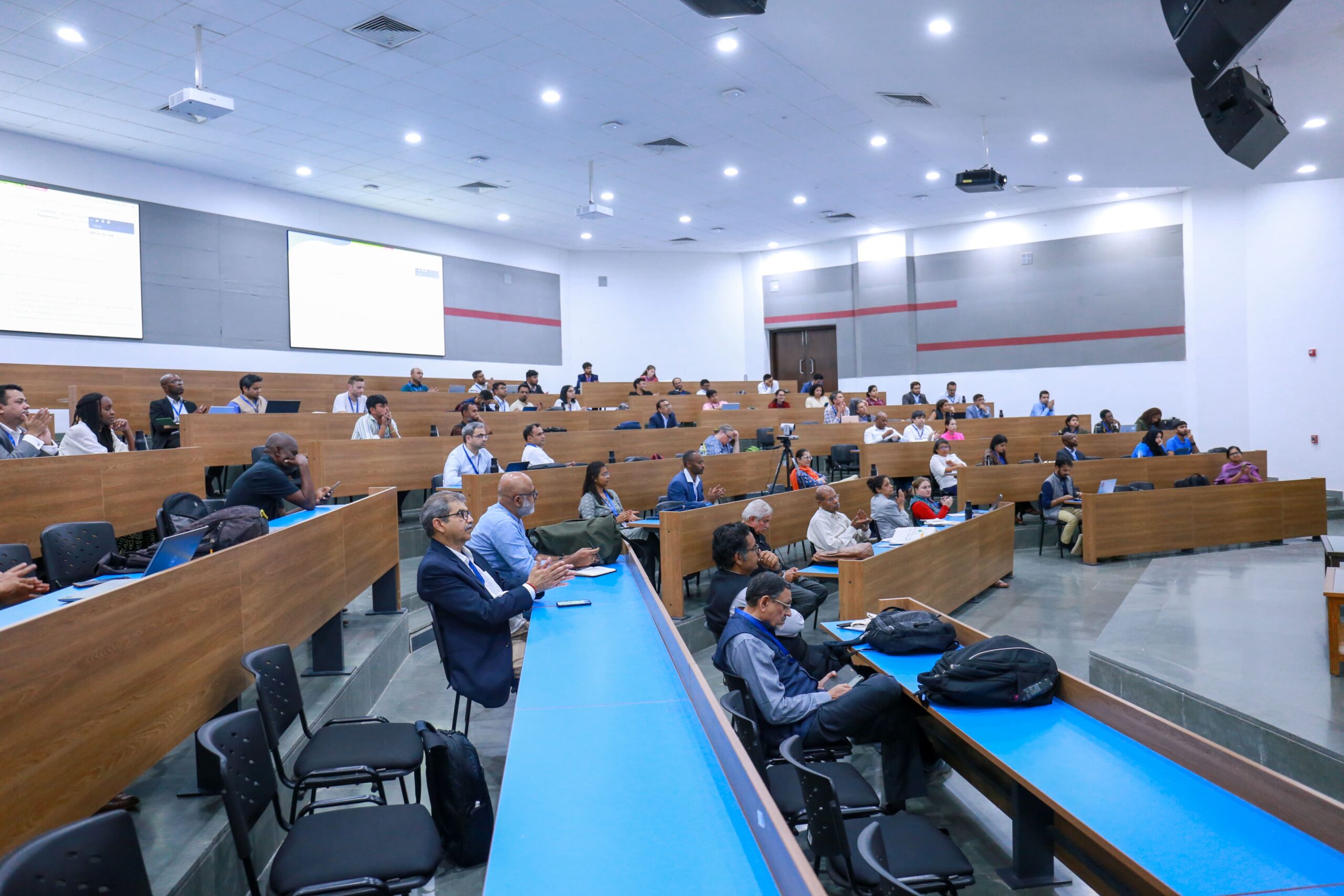Science is unequivocal that emissions of Greenhouse Gases (GHG) by humans have caused global warming. We live in a warmer world where global surface temperatures are ~1.2 degrees Celsius higher than in preindustrial times and the impact of climate change, including extreme events, are being felt by a large section of people everywhere and disproportionately so, by the poor and vulnerable population, in the Global South. Hence, it is imperative to keep global temperatures within the Paris Agreement goals of 1.5oC – 2C, which requires sharp reductions in GHG emissions in this decade.
Just Energy Transition for South Asia
Energy transition involves moving away from fossil fuels to renewable energy sources to reduce GHG emissions. In this context, just energy transitions are strategies that allow these systemic changes to happen in fair and equitable ways to ensure that the costs and benefits of climate action are distributed equitably. More than 60% of South Asia9s population is engaged in agriculture; this sector is highly exposed to climate hazards such as heat waves, droughts, floods, and the rainfall variability. Current impact and future risks are compounded as those involved in the sector are highly vulnerable. Thus, Just Energy Transition, particularly in agriculture, is critical for South Asia.
Solarizing South Asian Agriculture
South Asia is home to 25-30 million agricultural pumps, the largest worldwide. These pumps, powered by either dirty diesel or electricity, cause substantial carbon emissions from groundwater irrigation. Replacing these fossil fuel-based pumps with solar irrigation pumps (SIPs) is an effective mitigation strategy. Unlike agricultural emissions, mitigation strategies (such as improved water management in paddy or fertilizer management protocols which can have short-term negative productivity impact), replacing fossil fuel-based pumps with SIPs has no negative productivity impact. Deployment of solar technologies for rural enterprises and agricultural processing and value chain improvements are happening across South Asia and policies underpinning their implementation and institutional models that support them are crucial for their success.
The SoLAR Regional Forum
The forum was proposed as a two and half-days conference of regional researchers, policymakers, and practitioners in the renewable energy sector. It was co-organized by the International Water Management Institute (IWMI), Swiss Agency for Development and Cooperation (SDC), Indian Institute of Technology, Gandhinagar (IITGandhinagar), Ahmedabad University, Global Centre for Environment and Energy, International Renewable Energy Agency (IRENA), World Resources Institute (WRI), India, International Solar Alliance (ISA), India, and the Global Green Growth Institute (GGGI).



